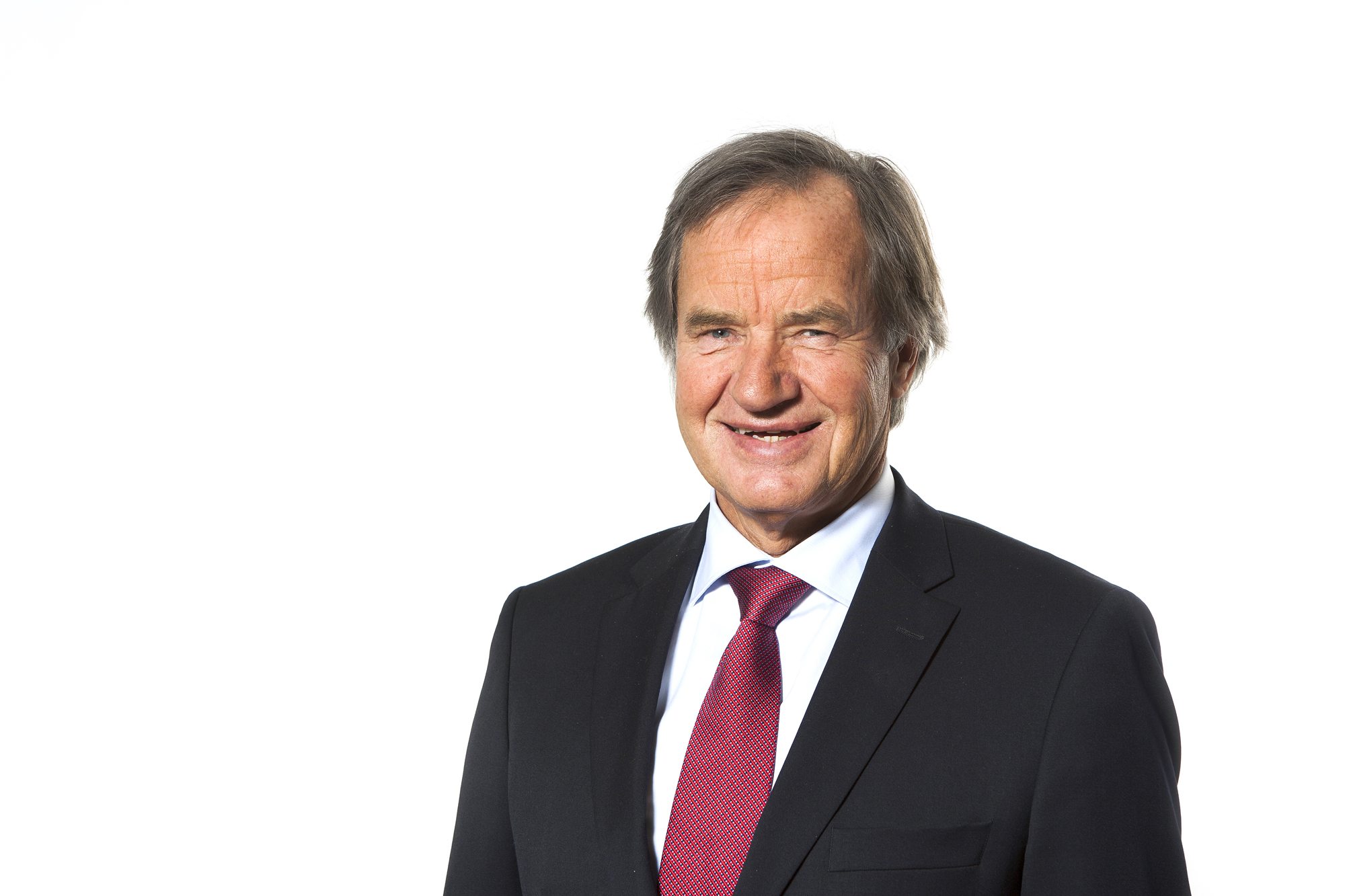Skift Forum Europe: Norwegian Air Hopes Its Low-Cost Revolution Is Just Beginning

Skift Take
When others said low-cost, long-haul air travel might not work, Norwegian Air CEO Bjørn Kjos thought differently. So far he has been right — Norwegian's long-haul flights are popular with passengers — but legacy carriers are starting to fight back. It'll be interesting to watch Norwegian battle with them over the coming years.
On April 4 in London, hundreds of the travel industry’s brightest and best will gather for Skift Forum Europe 2017, our first conference in Europe. In only a few short years Skift's Forums — the largest creative business gatherings in the global travel industry — have become what media, speakers, and attendees have called the “TED Talks of travel.”
This year’s event at Tobacco Dock in London will feature speakers including CEOs and top executives from InterContinental Hotels Group (IHG), Norwegian Air, Google, Lonely Planet, Momondo Group, and many more.
The following is part of a series of posts highlighting some of the speakers and touching on issues of concern in Europe and beyond.
Get Your Tickets Now
Over the past four decades, many entrepreneurs have sought to disrupt the world's airline industry. Some have succeeded, but many more have failed. One common problem: Aviation is a complicated and highly regulated business, with high barriers to entry. It costs a fortune to buy one Boeing 787.
But Bjørn Kjos, Norwegian Air's CEO, is a rare executive who may have successfully disrupted a notoriously risk-averse industry. In the past three years, Kjos, who has worked for airlines for decades, has shown that a low-cost, long-haul airline can thrive. And because Norwegian has been so successful, it has forced some legacy competitors, including Lufthansa Group and International Airlines Group, to build their own low-cost, long-haul airlines.
It may sound surprising now, considering how many Americans and Europeans have bought sub-$100 one-way fares for transatlantic flights, but not everyone believed low-cost, long-haul operators had such a rosy future. Some feared travelers wouldn't want to sit in cramped seats or pay extra for food and bags. Others noted that discounters would lose some of their cost advantages when fl
